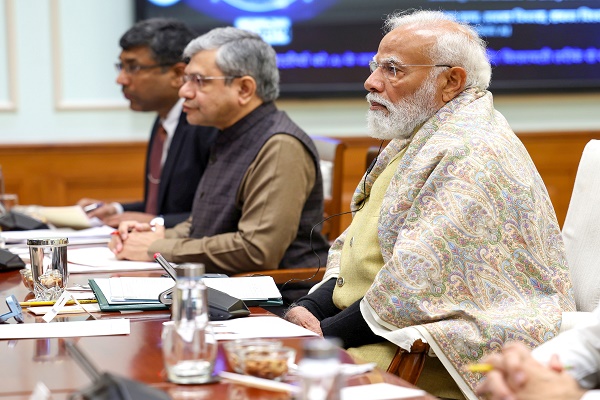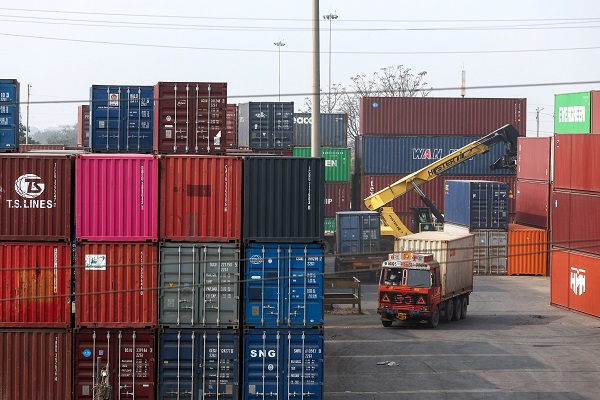Renewables remain Australia's cheapest electricity source despite cost spike

Wind and solar remain Australia's cheapest sources of electricity generation despite a rise in technology costs, a new report revealed on Tuesday.
The Commonwealth Scientific and Industrial Research Organisation (CSIRO) and Australian Energy Market Operator published the annual GenCost report for 2022-23, revealing that all technology costs increased over the last 12 months by an average of 20 per cent, reports Xinhua news agency.
It is the first time since GenCost was first published in 2018 that all generation sources monitored by the report have gone up in price.
Onshore wind technology had the biggest price increase, up 35 per cent from 2021-2022, and rooftop and large-scale solar the smallest at 9 per cent.
Despite the spike, wind power remained one of Australia's cheapest new-build generation sources along with photovoltaic solar.
The report attributed the uniform rise in costs to the accelerating pace of the global energy transition.
The Covid-19 pandemic had resulted in lingering global supply chain constraints, which impacted the prices of raw materials required in technology manufacturing and freight costs.
It projected that technology cost pressures in Australia will revert to normal by 2027.
"During the recovery from these global events, various input costs are showing signs of moderation, however, there is an expected delay due to future price uncertainties and the robust demand associated with the global energy transition," Paul Graham, the CSIRO's Chief Energy Economist and lead author of the report, said in a statement.
"GenCost analysis anticipates that technology costs have mostly peaked and the risk of cost pressures extending beyond 2030 will be mitigated, as the global manufacturing capability established by that time will adequately meet deployment needs."




















